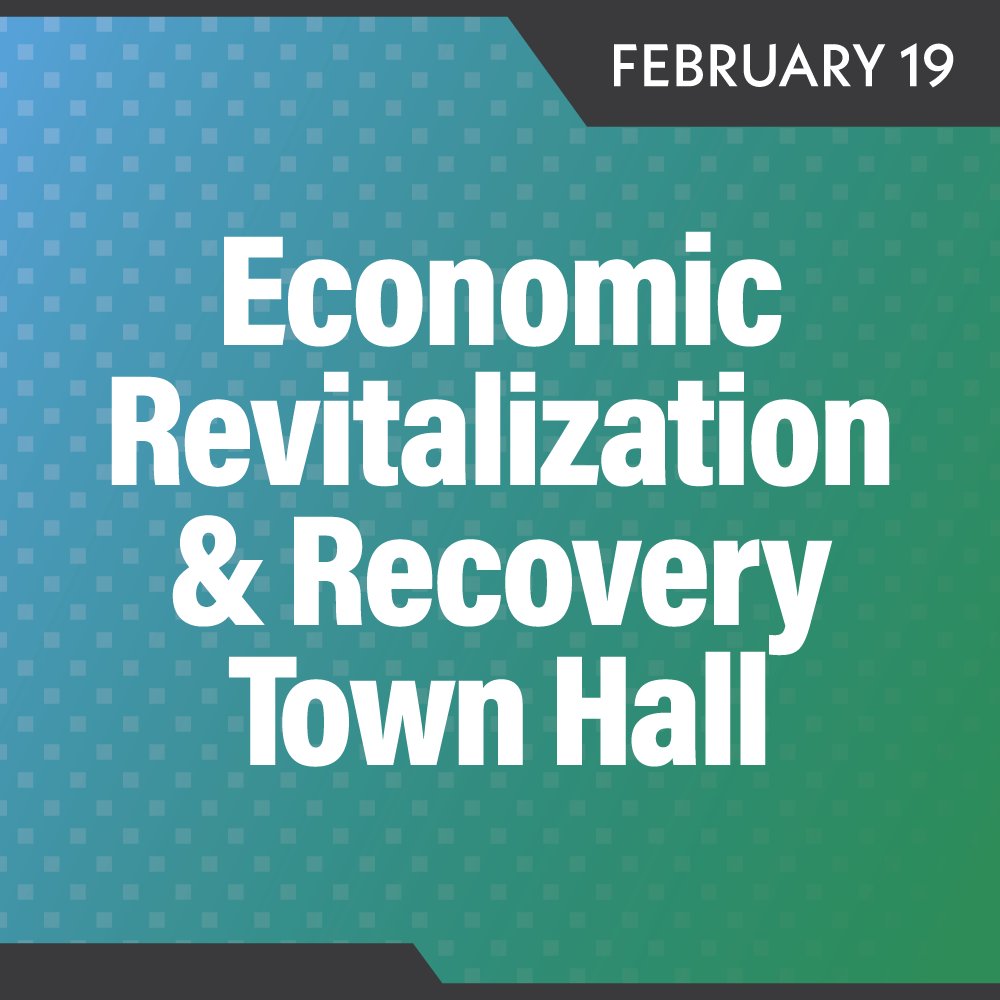Montgomery County’s Alcohol Beverage Services (ABS) will help warm up the winter season with the next in its series of whiskey lotteries that provide opportunities for residents to purchase highly sought spirits. The lotteries are free to enter, but have varying residency requirements.
ABS has set up two resident lotteries this winter. The first lottery will be open to Maryland residents 21 and over. The second lottery will be open to Montgomery County residents 21 and over only. Each includes a wide range of spirits bottles, with some overlap. County residents will be able to enter both the State and the County lottery, boosting the potential access to County residents.
A total of 1,132 bottles will be available to customers for purchase in the lotteries. An increased number of bottles is being distributed through this lottery due to the COVID-19 related cancellation of ABS’ Whiskey Rocks event.
Registration for the lottery begins at noon on Monday, Feb. 21. Consumers will have until 11:59 p.m. on Saturday, Feb. 27, to enter the lotteries. After each lottery closes, a random drawing will be conducted and the winning numbers will be posted online at noon on Thursday, March 4.
Winners will be able to purchase their bottles from a designated store from Monday, March 8, through Saturday, March 20. There may be extended hours during this timeframe to accommodate pickups.
Each resident entering the lottery will be able to select their top six preferences from the list of bottles available. Bottle counts are listed on the registration forms. Details on how to enter the lottery, including an entry form, are available on the ABS website at https://www.montgomerycountymd.gov/abs/lottery.
A third lottery will be open to Montgomery County alcohol license holders who are authorized to sell spirits on their premises. The licensee lottery will run at the same time as the residents’ lottery and will boost availability of allocated items available by the glass in the County.
“ABS is able to procure items that neighboring jurisdictions can’t get, or get very little of, and we offer them at fair pricing to give people access,” said ABS Retail Chief Kent Massie. “You just do not see this happening elsewhere locally.”
ABS is the alcohol wholesaler of beer, wine and spirits for Montgomery County. ABS operates 25 beer, wine and spirits stores and one spirits-only store in Poolesville. It manages alcohol licensing, enforcement, and education for more than 1,000 businesses. Generating more than $35 million in net income annually, ABS profits are used to pay down County debt with a large portion deposited in the County general fund to pay for resident services that would otherwise be funded by County tax dollars.










